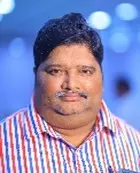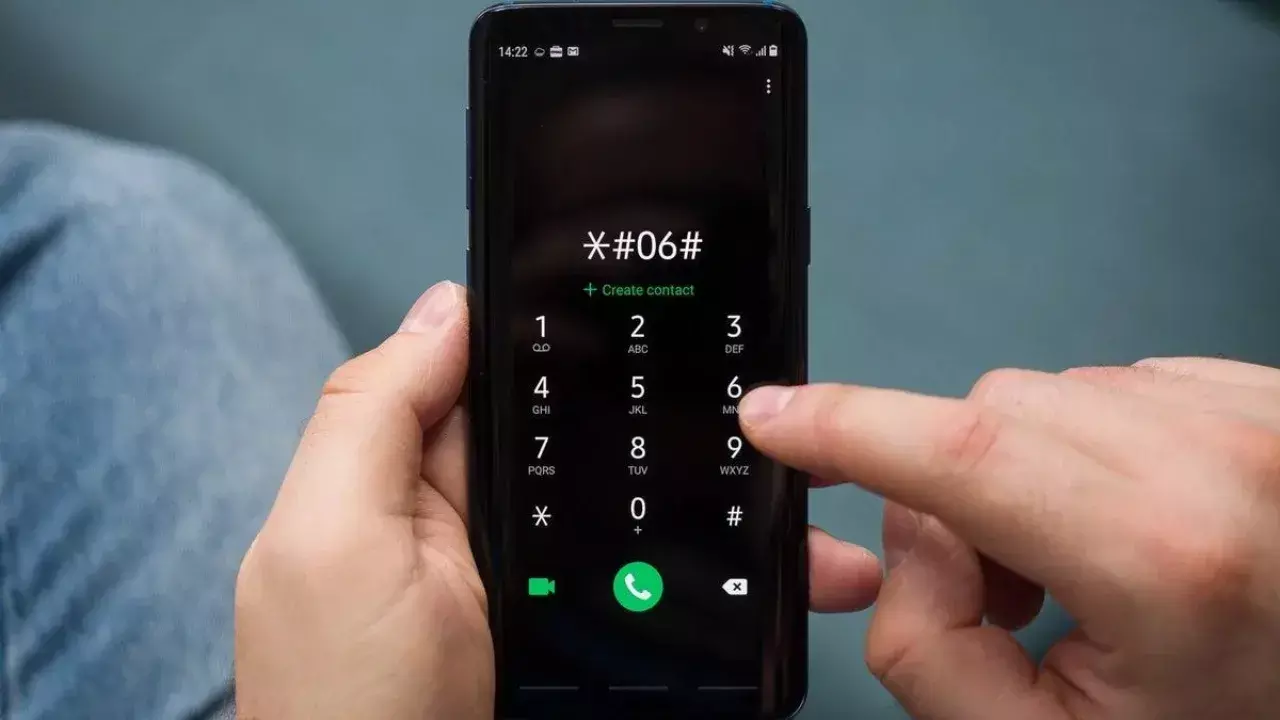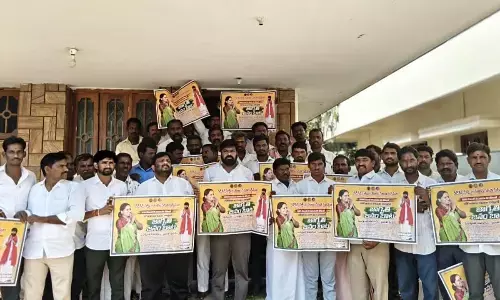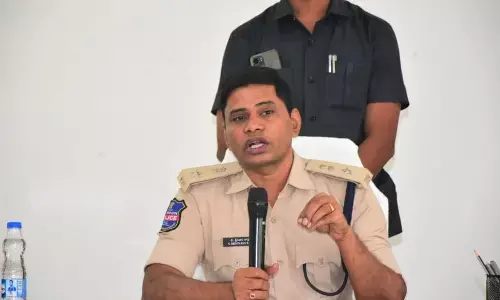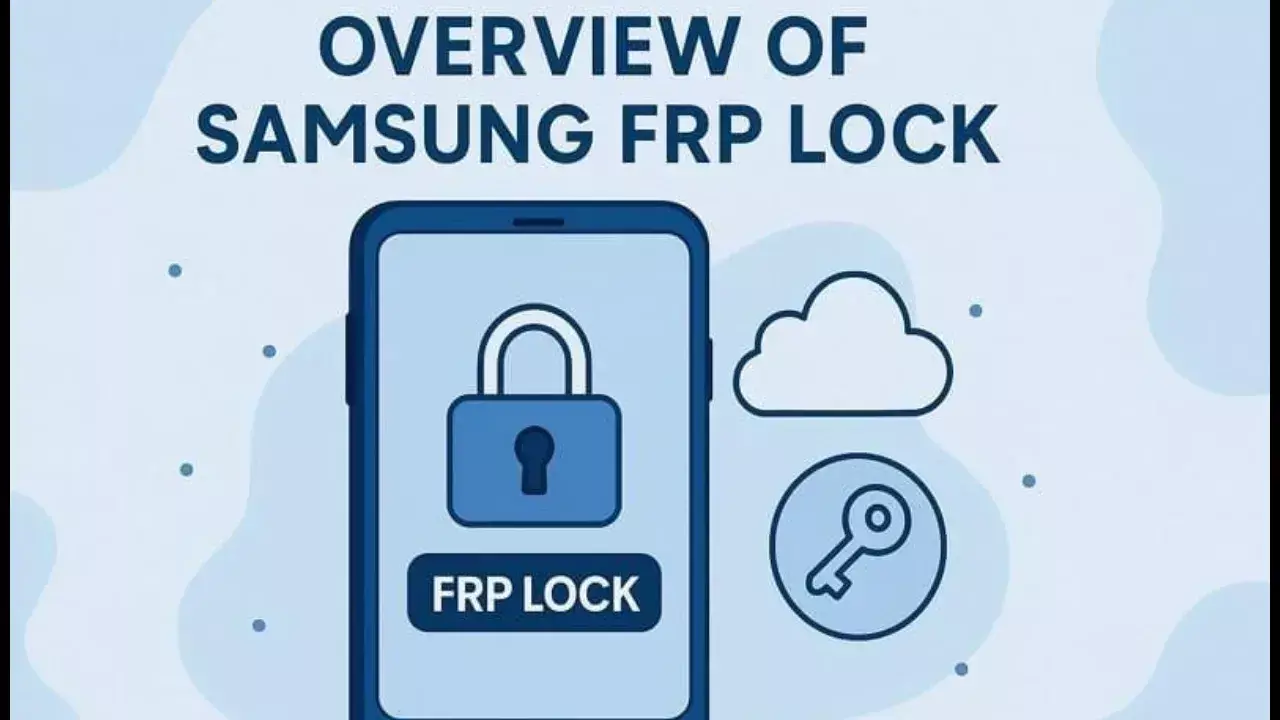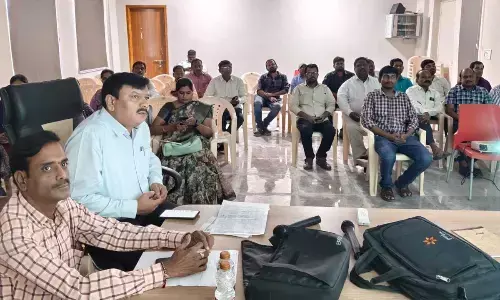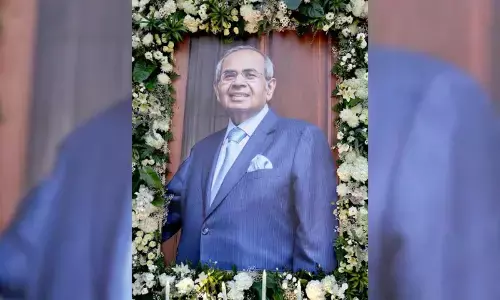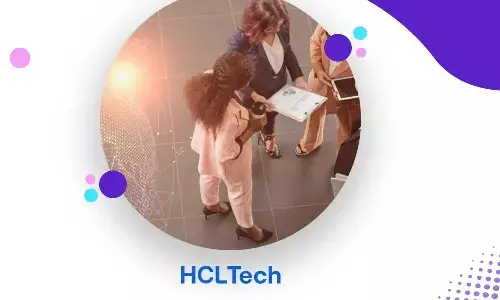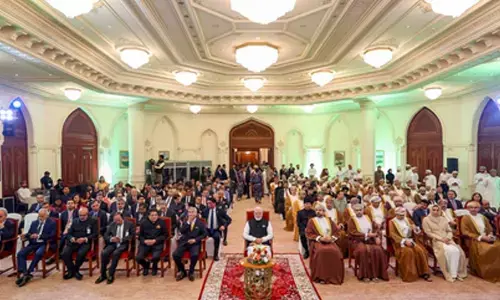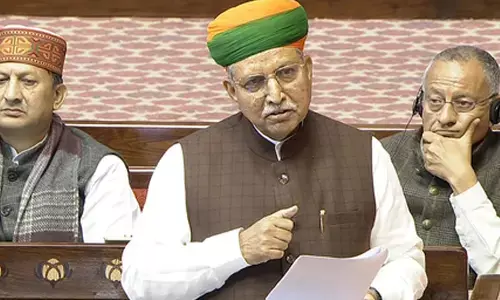With poor job opps, govt plans to drop Pharma D course

The students, who joined Pharm D course with dreams of bright future, are struggling for a job after graduating from colleges The government, which created much hype when it started the course, washed its hands off now Unable to bear the burden of fees reimbursement, the government wants to drop Pharm D course for three years, in the name of studying its usefulness and scope
Ongole: The students, who joined Pharm D course with dreams of bright future, are struggling for a job after graduating from colleges. The government, which created much hype when it started the course, washed its hands off now. Unable to bear the burden of fees reimbursement, the government wants to drop Pharm D course for three years, in the name of studying its usefulness and scope.
In 1998, the US Government announced that starting 2003, only those with minimum qualification of Doctor of Pharmacy (Pharm D) could practice pharmacy in USA. The major countries followed the USA and India also introduced Pharm D from 2008.
In western countries, the hospitals appointed Drug Therapeutics Committees to formulate drugs for all diseases and ailments. The committees include doctors, clinical pharmacists and nurses to chart out the standard prescription for every disease they treat in the hospital and how to administer the drugs.
But the central government in India, which has shown interest in introducing the Pharm D course to help students practice in other countries, had forgotten to create posts of clinical pharmacists in hospitals and PHCs in India. With the pharma companies declaring that the Pharm D graduates, who did not study chemistry, are ineligible, the students found themselves taken for a ride.
In Andhra Pradesh, there are 60 Pharm D colleges and has 1,800 seats in them while Telangana has 53 college with 1,500 seats. Another 1,000 seats of Pharm D could be filled by the B Pharm graduates as lateral entry. The students pay Rs 68,000 to Rs 1.25 lakh per year as tuition fees, which will be reimbursed by the government, to the colleges.
In these 4,000 plus students every year, only 20 per cent to 25 per cent are able to settle in jobs as pharmacists teaching assistants, and assistant professors. The Pharm D graduates started protests demanding creation of clinical pharmacists posts in the hospitals.
Suman Singanamala, president of the Confederation of AP Pharmacists, the pharmacy graduates body fighting for the jobs, said that the Pharm D graduates are allowed to offer primary health care like any doctor but not authorised to use the surgical equipment.
He blamed the government for offering permission to RMPs and PMPs to practice medicine in rural areas and said that it could be best if it allows the Pharm D graduates to serve in rural areas. He demanded the government to create clinical pharmacist posts in all hospitals so that the Pharm D graduates gets employment.
As the number Pharm D graduates is increasing without a concrete structure for promising their career, the governments are looking the course as a white elephant now. The Telangana government has already ordered the education department to not include the Pharm D course in the Eamcet 2019-20. The TS government also ordered the officials to submit a report on the placements of the already passed out batches so that a decision would be taken on reintroduction of the course.
The Andhra Pradesh and other states are also said to be following the Telangana government. Dr D Dakshinamurthy, principal of QIS College of Pharmacy, said that all other countries, including Pakistan, Sri Lanka, Bangladesh has made it mandatory to constitute Drug Therapeutic Committees in the hospitals and appointed the Pharm D graduates, but the Indian government is not taking any initiative in making constitutional changes.
The Pharm D and other students would be benefitted if the PCI takes initiative and see the government makes the required decision. Annapareddy Vijaybhaskar Reddy, president of the Andhra Pradesh Pharmacy Council, alleged that it is the negligence of the government creating issues for the pharmacy students.
He said that though there are about 15,000 PHCs and hospitals in the state, there is no official act to make it mandatory to appoint a pharmacist to dispense drugs in the hospitals.
He said that the government should make a law to establish the Drug Therapeutic Committees in each and every hospital and force the system to see that pharmacists are available with every pharmacy. He said that the only sector made profits on the Pharm D course is the colleges due to the fees reimbursement by the government, but they are also finding it hard to fill the seats as the clouds of hypes are clearing out.

